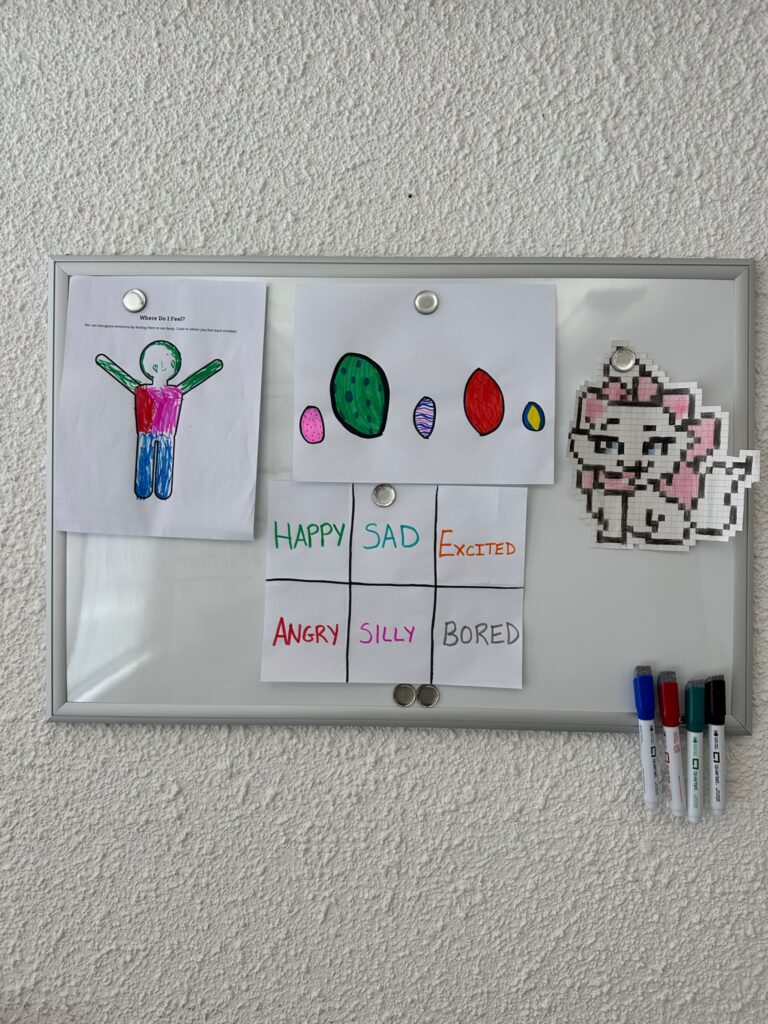Play Therapy + Speech Therapy: Begin A Powerful Duo For Kids
Discover how play therapy and speech therapy can work together to boost a child’s communication, emotional well-being, and social skills. Learn more from RP Psychotherapy—a trusted provider of child-centered therapeutic care.
The Power of Play in a Child’s Voice
Children often struggle to express their feelings or needs using words alone. In fact, that doesn’t mean they’re not communicating. At RP Psychotherapy, we believe in the healing power of play. Play therapy helps children process emotions, build resilience, and form stronger relationships.
However, did you know that play therapy can also complement and support speech therapy goals? When combined thoughtfully, these two powerful interventions can work hand-in-hand to help children overcome communication barriers—both verbal and emotional.
🎯 What Is Play Therapy?
Play therapy is an evidence-based, child-centered approach. It allows children to express their inner thoughts and feelings through play, rather than words. Toys, art, sand trays, or storytelling become their language.
Key benefits of play therapy:
- Builds emotional awareness
- Reduces anxiety and behavioral issues
- Improves self-esteem and coping skills
- Encourages healthy attachment and relationships
- Supports regulation and resilience
Besides, play therapy sessions are child-led and trauma-informed, offering a safe space for healing through creativity and connection.
🗣️ What Is Speech Therapy?
Speech therapy helps children improve how they speak, understand, and use language. Additionally, Licensed Speech-Language Pathologists (SLPs) work with children who have developmental delays, autism, or language disorders.
Common goals in speech therapy:
- Improve articulation and clarity
- Strengthen understanding of language
- Support social communication
- Boost expressive language skills
- Develop cognitive-communication abilities
The Hidden Link: Why Play Therapy & Speech Therapy Complement Each Other
Although play therapy and speech therapy have different clinical goals, they both recognize the importance of developmentally appropriate, child-centered, and relationship-focused approaches.

Moreover, here’s how they work beautifully together:
1. Building the Foundation for Language Through Emotional Safety
Children can’t communicate effectively if they’re overwhelmed or dysregulated. Likewise, play therapy helps children feel safe, connected, and emotionally regulated—creating a solid foundation where speech therapy can thrive.
2. Using Play to Expand Language Naturally
While speech therapists often use structured games and prompts, play therapists use open-ended, imaginative play—allowing spontaneous language to emerge. This natural environment encourages children to take communication risks in a low-pressure way.
3. Supporting Social Communication and Peer Interaction
Both therapies target pragmatic language (how language is used socially). Furthermore, in play therapy, children practice turn-taking, emotional expression, and storytelling—all skills that reinforce the social side of speech therapy.
4. Helping Nonverbal or Minimally Verbal Children Feel Seen
Firstly, play therapy gives a voice to children who can’t yet speak for themselves. Secondly, for children working on expressive language or alternative communication devices (AAC), the emotional validation of play therapy can reduce frustration and improve engagement in speech therapy sessions.
Real-Life Results: A Collaborative Approach
Let’s say a child struggles to speak because of anxiety or trauma. The speech therapist might focus on building sentences and sounds. Meanwhile, the play therapist creates emotional safety and trust through symbolic play.
Therefore, together they help the child feel heard and ready to speak.
📍 Why Choose RP Psychotherapy?
At RP Psychotherapy, our Registered Psychotherapist specializes in play therapy for children, providing trauma-informed, compassionate care. While we do not offer speech therapy in-house, we regularly collaborate with local SLPs to ensure your child receives holistic, well-rounded support.
In other words, we believe that healing doesn’t happen in isolation and neither does learning to speak.
Bonus: When to Consider a Combined Approach
Your child might benefit from both therapies if they:
- Struggle to express emotions or needs
- Show signs of language delay or regression
- Avoid social interaction or eye contact
- Have tantrums or go silent when upset
- Experienced trauma that impacts communication
In these cases, combining play therapy and speech therapy can unlock your child’s voice—emotionally and verbally.
📞 Book a Free Consultation Today
Interested in learning more? At RP Psychotherapy, we’re here to support your child’s emotional development and well-being. Contact us for a free 15-minute consultation, and we’ll help you explore whether play therapy and possibly a collaborative referral to a speech-language pathologist is right for your family.
Let’s meet your child where they are. And help them grow from there.

